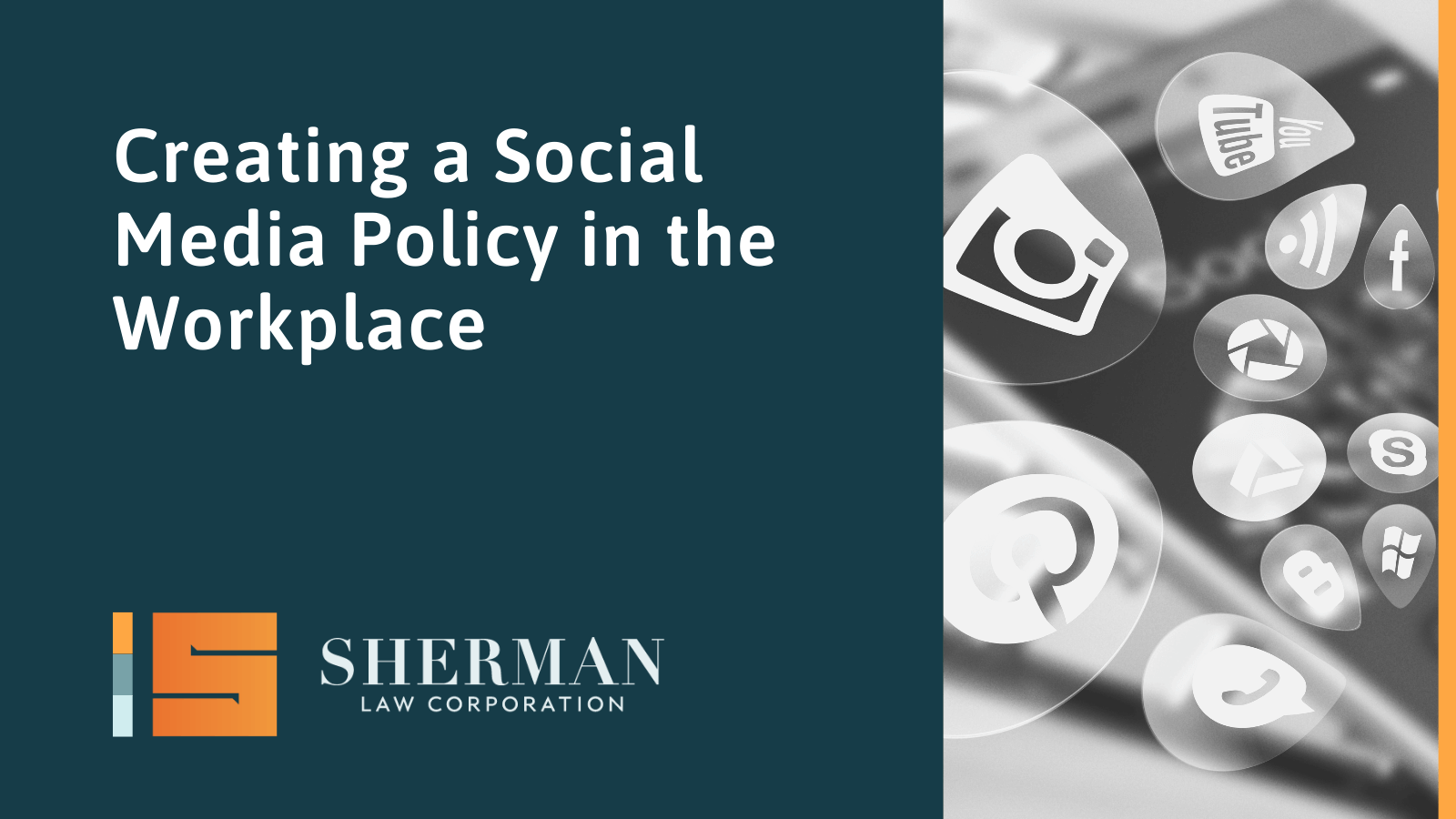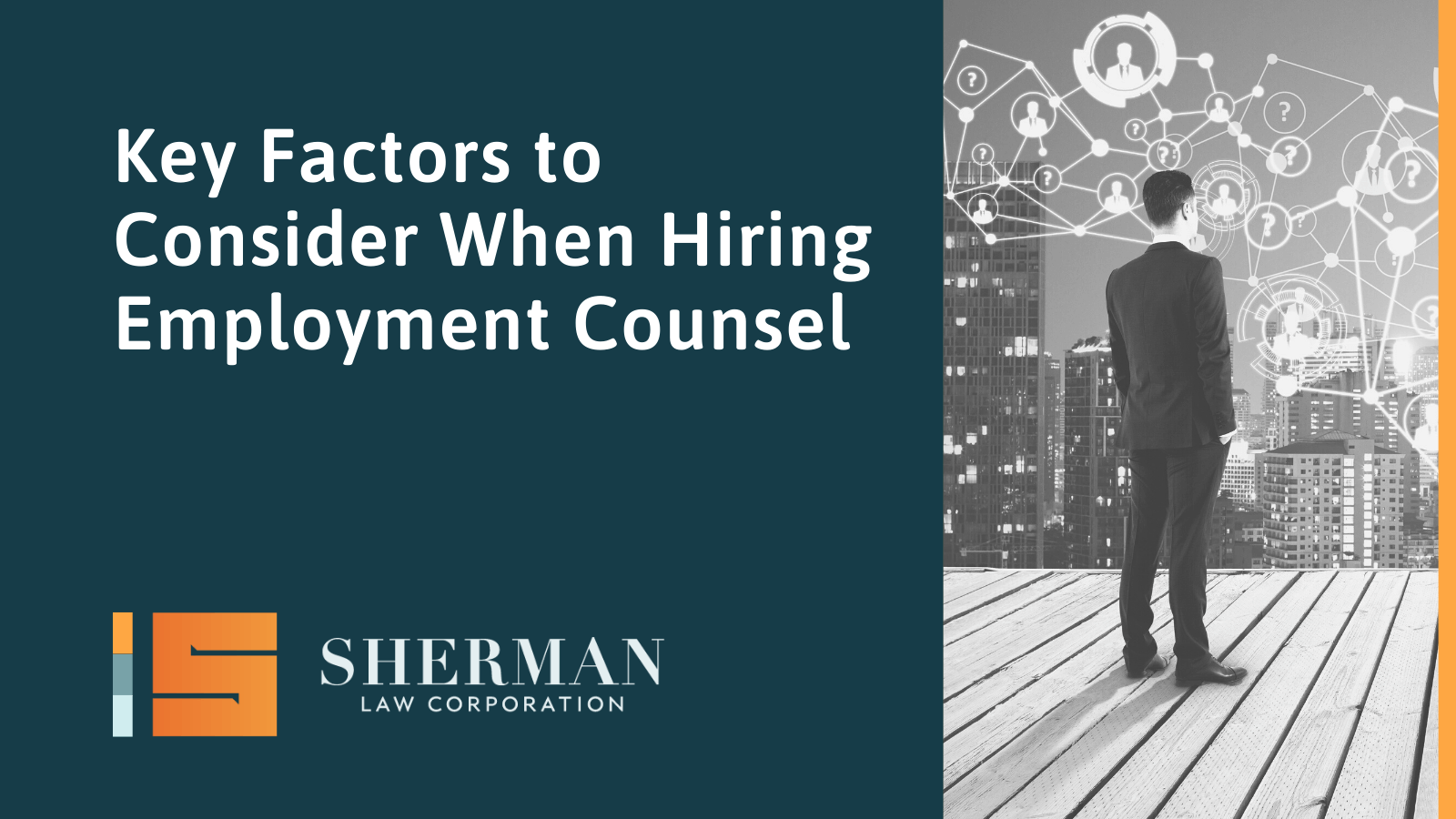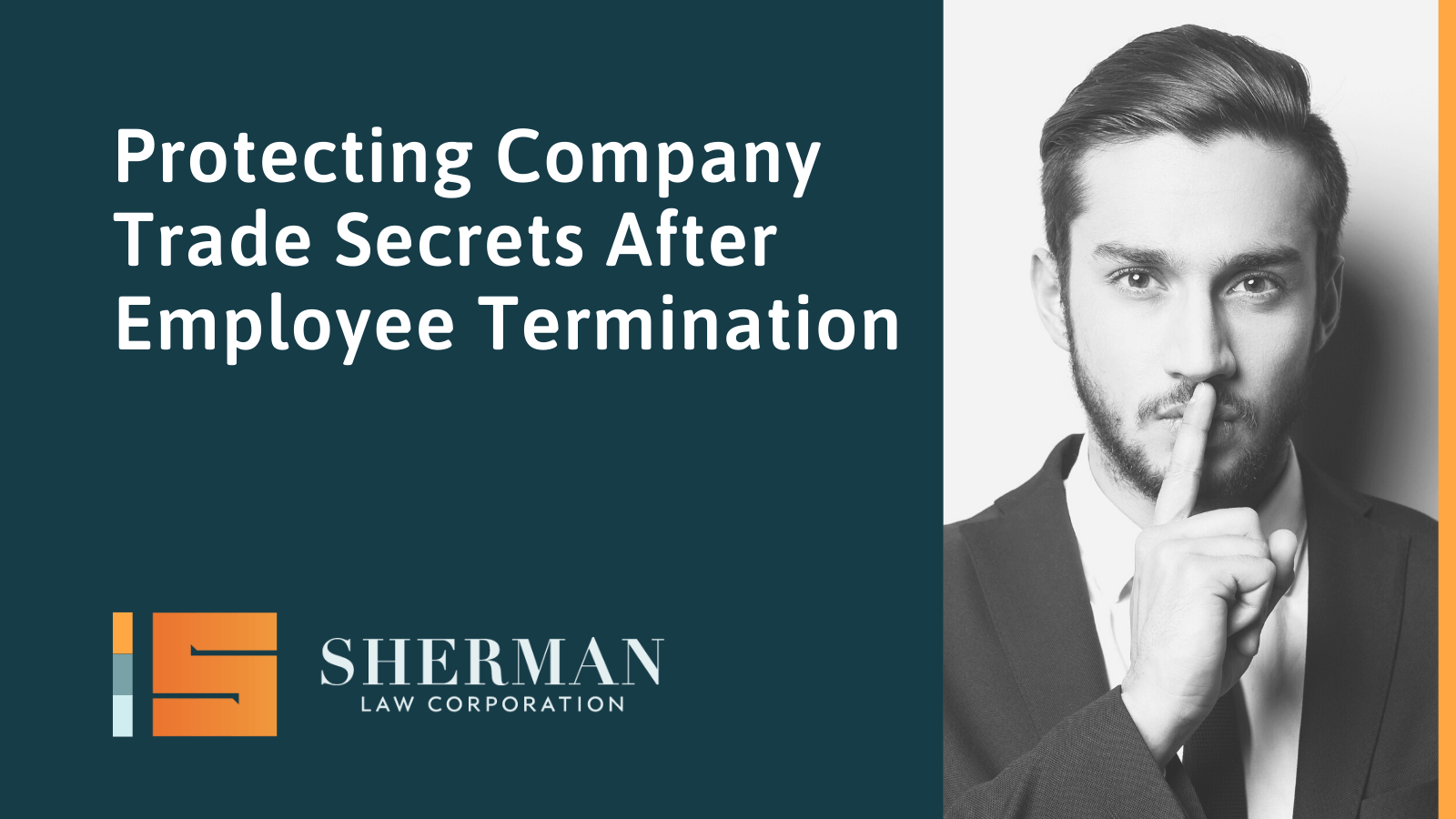
If it’s not mandatory or poses a threat to the very existence of an organization and its economic survival, employers will keep their heads in the sand pleading ignorance, while remaining apathetic. It’s kind of like my husband who spends every weekend in his man cave fixated on sports, oblivious to anything going on around him, unless it affects his fantasy football team, a threat to his very existence. Ok, I do not mean to digress….
I’m here to tell you that employers can’t wait for the legislature or the courts to require employers to prepare policies and mandate training because like everything else on the web, whatever is posted does not go away by paying off employees. Instead, it threatens the very existence of an organization, and threatens to destroy in an instant a Company’s crown jewels, which include:
- Its brand and image
- Its reputation
- Its proprietary, non-public confidential information
- Its products and services
- Its employees
Still not budging off the couch? Consider this:
Social Media Outbursts Destroy a Company’s Brand and Reputation in Just a Click.
Who thought when two employees from Domino’s Pizza launched a two and a half minute YouTube Video as a hoax referred to as “Boogergate” in April 2009 the video would go viral on social media with over 1 million viewers? The two employees dressed in Domino’s uniforms were spitting and sneezing on food, putting cheese up their nose and performing other vulgar acts. Threatening Domino’s Pizza’s reputation in an instant, the company waited forty-eight hours before launching its own YouTube video with the President of Domino’s reassuring customers nationwide. Yes, it was 2009 and Domino’s continues selling pizzas but was this crisis averted by a quick apology and terminating the employees? The apology was only viewed by less than 1/3 of viewers, with Domino’s hiring practices also exposed when it was learned that one of the employees was a convicted sex offender. This may have occurred in 2009 but it has not gone away. Sure the YouTube Video was taken down and the employees terminated, but go ahead and Google Domino’s Pizza today. The top two google searches are broadcasts of the story five years later!
Still not convinced? A year ago, HMV, a British entertainment retailer, failed to change the login credentials for their social media sites in the middle of a massive layoff. Real-time tweets from employees after they were laid off exploded across the twitter-sphere destroying HMV’s reputation in 140 characters or less. Tweets ranged from “Mass execution of loyal employees who love the brand” to “We’re tweeting live from HR where we’re all being fired! Exciting!” Had HMV merely remembered to change passwords and restrict access to social media before the employees were laid off, HMV would not have been known as the heartless hatchet happy employer.
Who can forget Purell, the well-known hand sanitizer, who wished its product could sanitize a tweet that went viral during the Super Bowl just eight months ago. “The #Broncos could use a @PURELL refresh moment, because right now they look like the Cleveland Browns.” Twitter lit up immediately by angry Cleveland Browns fans who went so far to threaten boycotting Purell. After deleting the tweet and apologizing, Gojo Industries, who manufactures Purell, tweeted that someone made a stupid mistake in judgment and that they were investigating how to handle its social media to ensure this doesn’t happen again.
Still not budging off the couch?
And No, You Can’t Just Outlaw Social Media.
The usual response I get to these examples is to just outlaw social media — out of sight, out of mind. Sure you can try and tell your employees no social media, but you not only can’t prevent them from using it outside of work, you may run afoul of the National Labor Relations Act which allows employees even in a non-union setting from discussing their terms and conditions of employment on social media or anywhere else. Not only is the employer missing the opportunity to encourage social media to promote the Company, it is highly likely that an order forbidding social media will have the same effect as the directives we give our children…
And yes, my husband continues to spend every weekend on the couch with his head in the sand.




